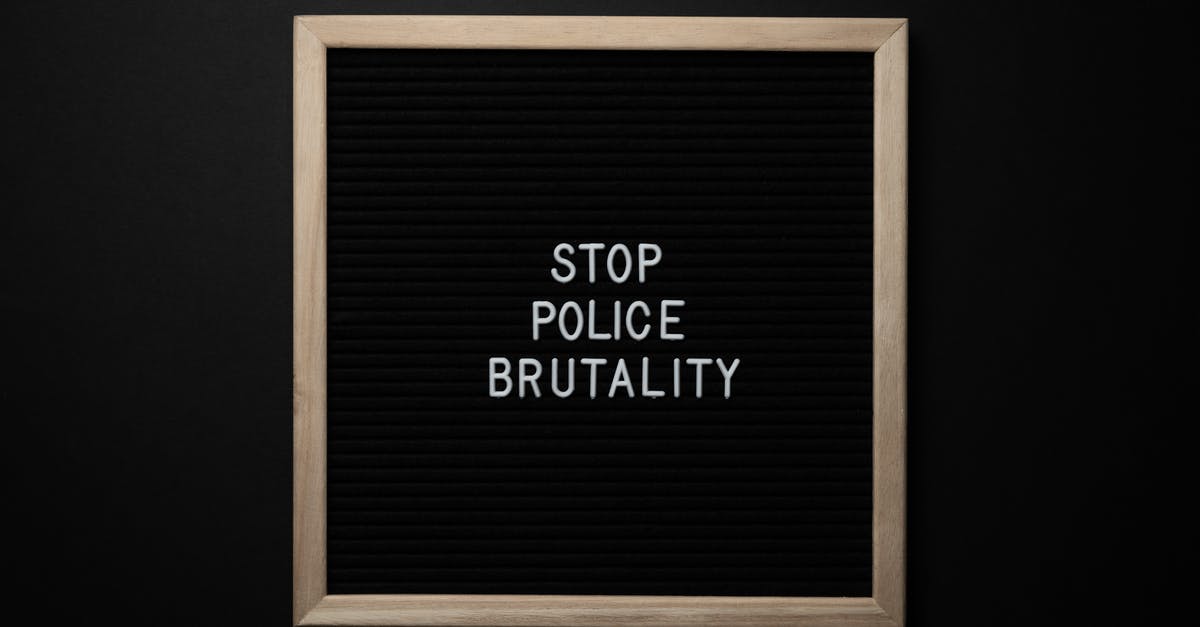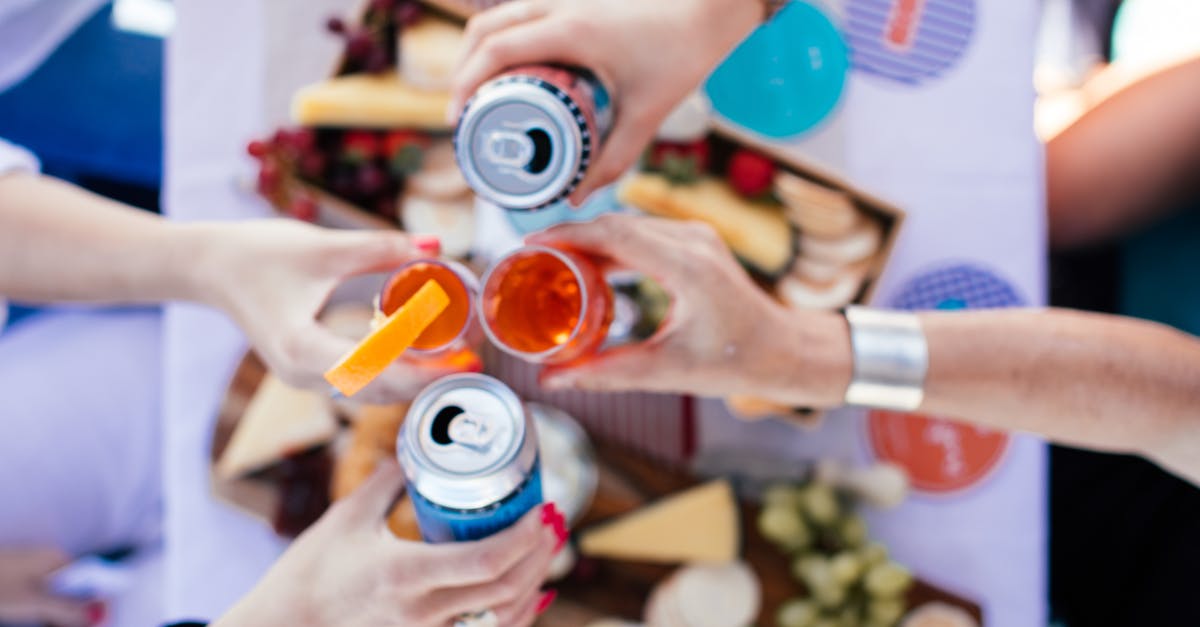How can I stop my pavlova from "leaking"?

I'm learning to make Pavlova. I'm five attempts in and generally pretty happy with my latest one except for the weird "leaking" that happens during baking. Anyone know why this happens and how to stop it?
Ingredients:
- 160g egg whites (at room temperature)
- 1 teaspoon lemon juice
- 200g icing sugar (I tried caster sugar the last time which had the same problem)
- 2 teaspoons cornstarch
- A few drops vanilla extract
Method:
- Wipe the bowl and whisk with a piece of paper towel dipped in a little lemon juice
- Preheat oven to 150c (300f)
- Beat until egg whites are stiff - check by turning the bowl over (slowly!), if they move keep whisking! (I tried doing a bit less whipping one time - same problem)
- Add lemon juice to egg whites
- Add the sugar gradually, one heaped tablespoon every 45 seconds; check for graininess every 8 additions
- Put the pav in the oven and then turn down it to 100c (200f) right away
- Cook for 1.5 hours
- Turn off oven but leave pavlova in overnight
Best Answer
The most common reasons I know are:
- Preparing when humidity is high. Tough to avoid when you are on a schedule like wanting it for an occasion. But in my experience, having an oven that circulates fresh air in can make this worse by bringing in more moisture all the time, or ever opening the door or trying to cook something else at the same time.
- Over beating can cause it.
- Undissolved sugar, which of course is opposed to trying to not over-beat.
- Overcooking.
A couple things I do see in your recipe: I am used to seeing a bit of vinegar. I assume the lemon is to cover the same with a bit fresher flavor, and it may but it might be worth trying such a recipe. I know the point it to help create the classic Pav crust while I am used to lemon in pavs being more to help the foam form buy your recipe calls for it after you already have peaks.
The 2nd thing I see is your recipe calls for a bit higher temp than I am used to. For instance the first I checked to refresh my memory called for 190F for 5 minutes, then drop to 130F for an hour, then turn off. I think what may friend from NZ who made much better than I do used was 200F for about 10 minutes, then just the light that kept the oven at about 140F for an hour. That is quite a bit lower than yours, so I would question possible over cooking as the issue.
I have even seen the higher pre-heat skipped and instead torch the meringue and only do the low heat to slow cook the center, but when I tried that I got the nice cruch, but raw egg inside and it also leaked, but it was a egg white leak. Yours visibly looks more of a sugary leak to my eyes.
Pictures about "How can I stop my pavlova from "leaking"?"



How do I stop my pavlova from spreading?
If your meringue base is spreading or weeping it is likely that the egg whites were slightly over whisked before the sugar was added. Check the whites frequently when whisking them, particularly if using a powerful free standing mixer.How do I stop my pavlova from deflating?
Bake the pavlova in a low heat oven, and do not open the oven during the baking process. Once baked, let the pavlova cool down in the oven. This will allow a gradual cool down, preventing it from collapsing.How do I stop meringue from overmixing?
As my meringue guru Gary Mehigan advises: \u201cIf you over whip the egg whites you cannot fix it. You've just got to start over.\u201d So start whisking on a medium speed to get soft peaks and then speed up the mixer when the sugar is added. A soft peak is one that peaks but then the tip of that peak softly collapses on itself.How do you stop pavlova from going brown?
To get that perfect pavlova texture you bake the meringue mixture initially at a relatively higher temperature to help set the outside of the pavlova and give a nice crisp crust. The temperature is then turned down low and baked slowly. This prevents the pavlova turning crunchy and also keeps it bright and white.How to Repair Leaking Gutters | The Home Depot
More answers regarding how can I stop my pavlova from "leaking"?
Answer 2
one of the really important factors is getting the ratio of egg whites to sugar correct, which you have correctly done by weight, but placing them in a jug and checking the mils can also help. 225mls to 1½ cups (330G) of caster sugar works well. As said above a table spoon at a time and make sure all the sugar is dissolved. It's a bit like making toffee - if you don't dissolve the sugar it can crystallise and this is similar to the 'weeping'. Don't over beat. I run the balloon whisk on medium speed but just for 5 mins or so and this helps dissolve the sugar but doesn't get too much air in - which seems weird but you want to stiffen the mix not fill it full of bubbles (like you were doing a cream or cake). At the end mix 2 teaspoons of white vinegar with 1 tablespoon of cornflour and fold through or just whisk it for a few seconds. Using a pinch of creme of tartar at the beginning with the egg whites also assists with it as this reduces the beating required ...but make sure the sugar is dissolved, I think this is the problem. from Sam in Sydney making heaps of pavs for christmas :)
Sources: Stack Exchange - This article follows the attribution requirements of Stack Exchange and is licensed under CC BY-SA 3.0.
Images: Brett Sayles, Brett Sayles, Brett Sayles, Rachel Claire


